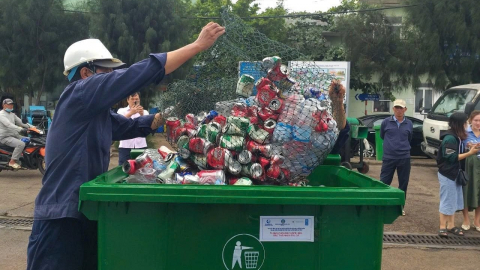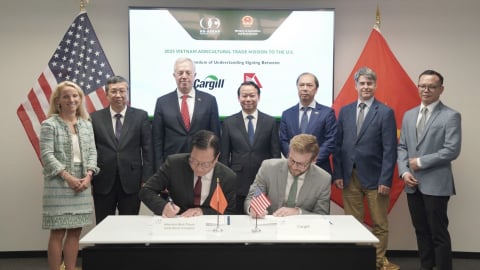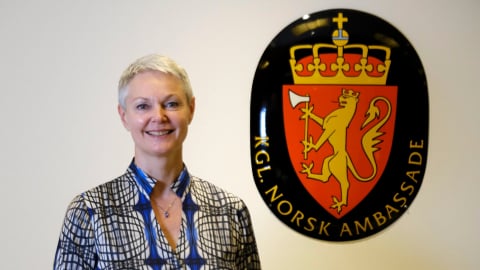FAO Director-General visits rice field in Ninh Binh, observes mechanized rice model
Thứ Sáu 07/02/2025 , 18:11 (GMT+7)(VAN) On the morning of February 7, FAO Director-General Qu Dongyu met with Ninh Binh provincial leaders and visited a mechanized rice cultivation model utilizing drones.
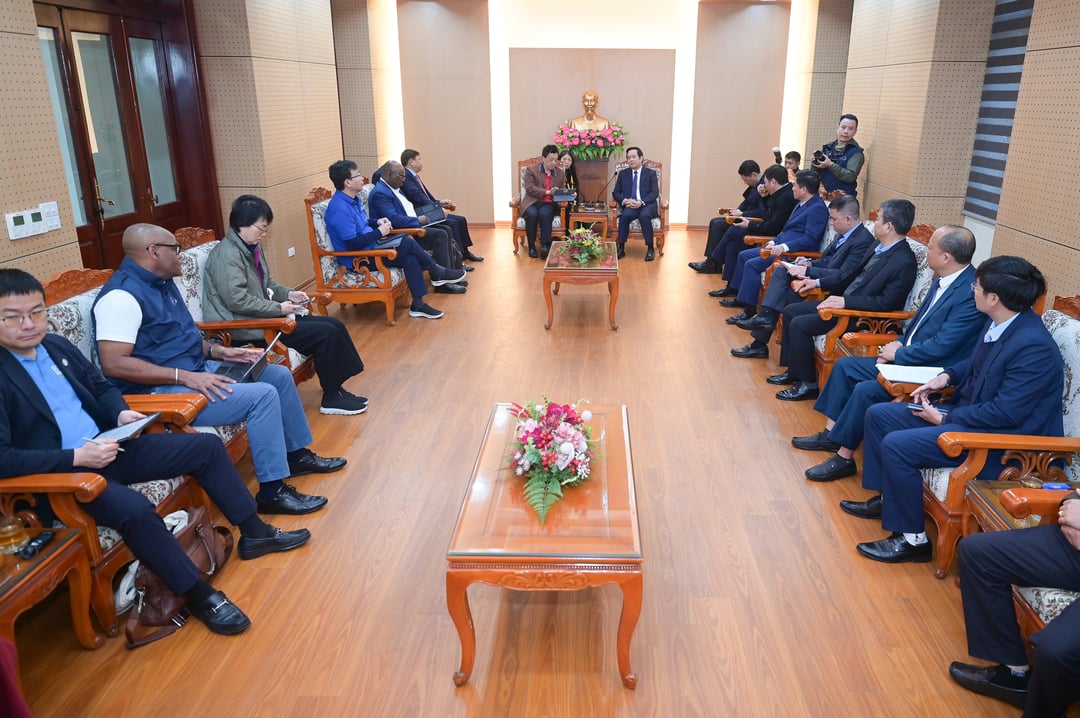
The FAO delegation, accompanied by representatives from the Ministry of Agriculture and Rural Development (MARD), was led by FAO Director-General Qu Dongyu and Deputy Minister of Agriculture and Rural Development Nguyen Hoang Hiep. They held discussions with Ninh Binh provincial leaders, hosted by the Chairman of the Provincial People’s Committee Pham Quang Ngoc.
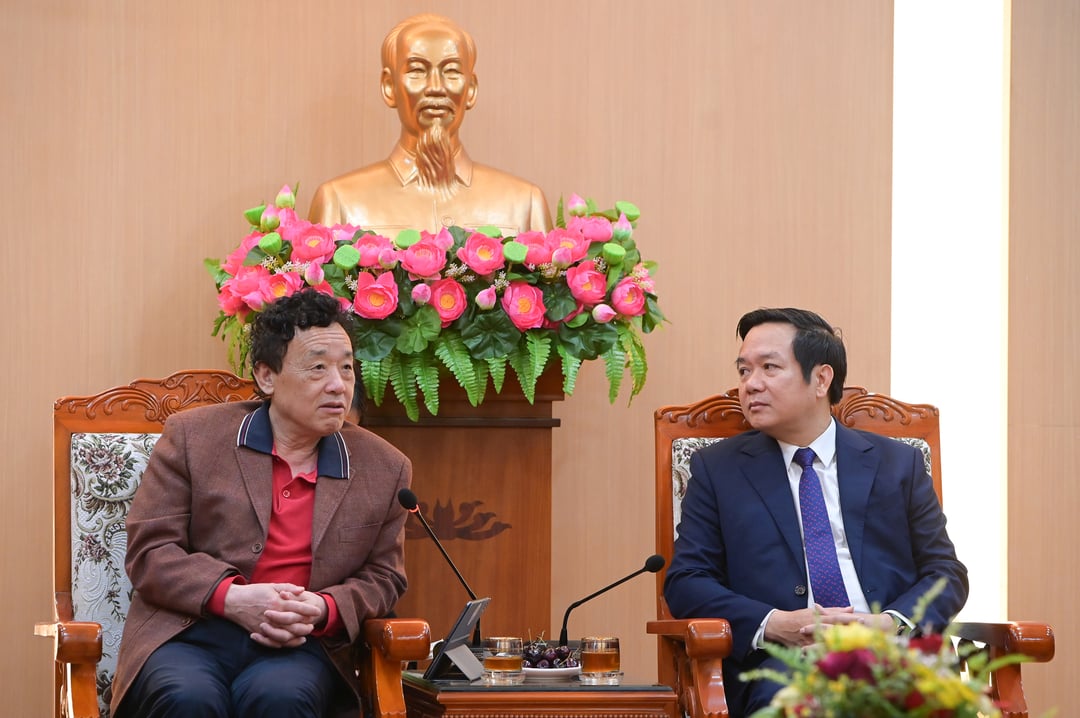
During the meeting, Chairman Pham Quang Ngoc provided an overview of Ninh Binh’s socio-economic landscape and its development potential. He reaffirmed the province’s commitment to a green, sustainable, and balanced growth strategy. Key sectors driving the province’s economy include tourism, cultural and entertainment industries, and the automotive industry. Scientific and technological innovation, digital transformation, and multi-value agroecology are pillars of sustainable development.
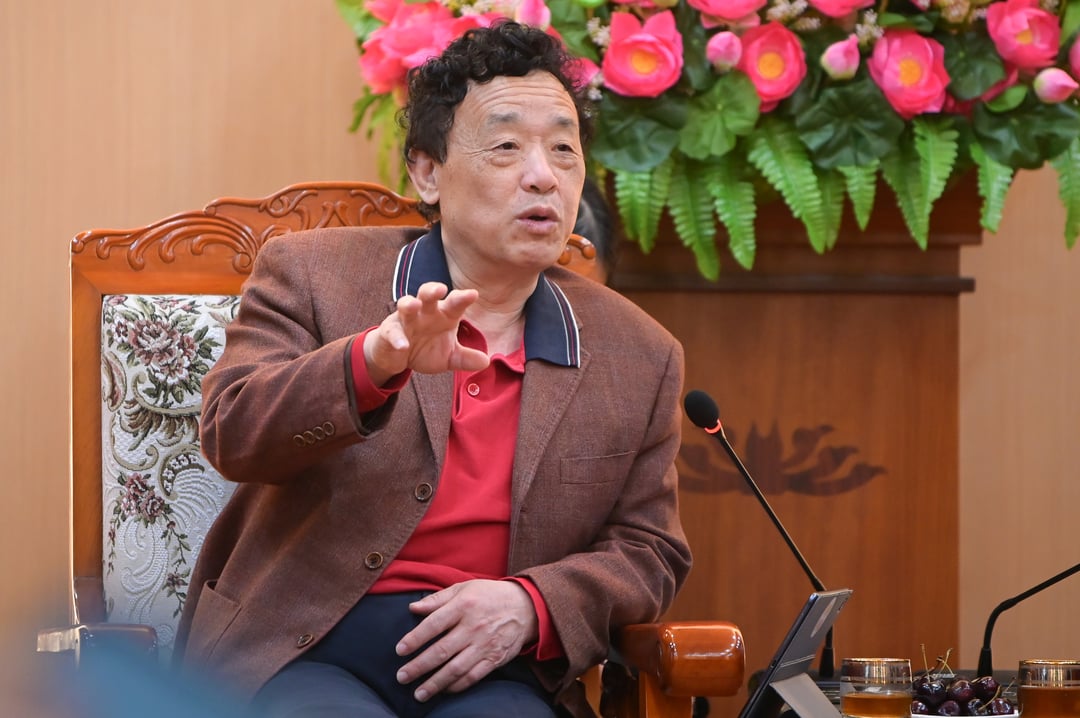
FAO Director-General Qu Dongyu expressed his admiration for Vietnam’s natural landscapes and agricultural products. He acknowledged Vietnam’s strong potential for agricultural development, noting that the country’s vision aligns with global trends in sustainable agriculture.
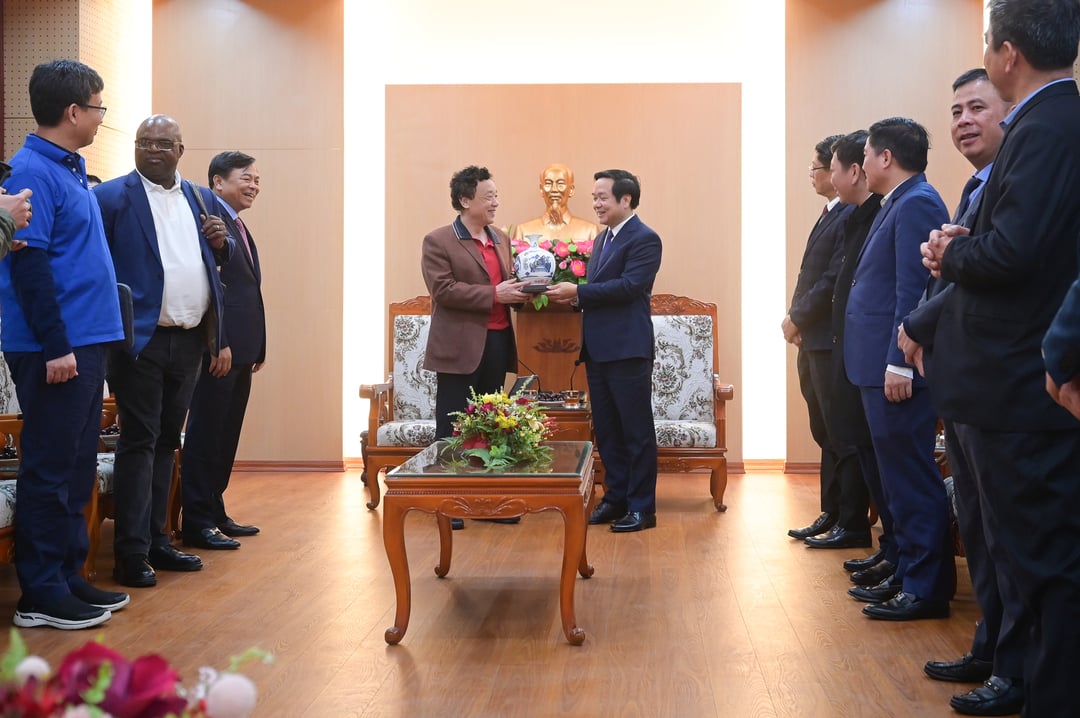
Ninh Binh has placed a strong emphasis on sustainable, multi-value agriculture by leveraging local specialties and regional characteristics. The province aims to enhance the value of local products while ensuring environmental sustainability, improving nutritional and product quality, and advancing rural development to improve livelihoods.
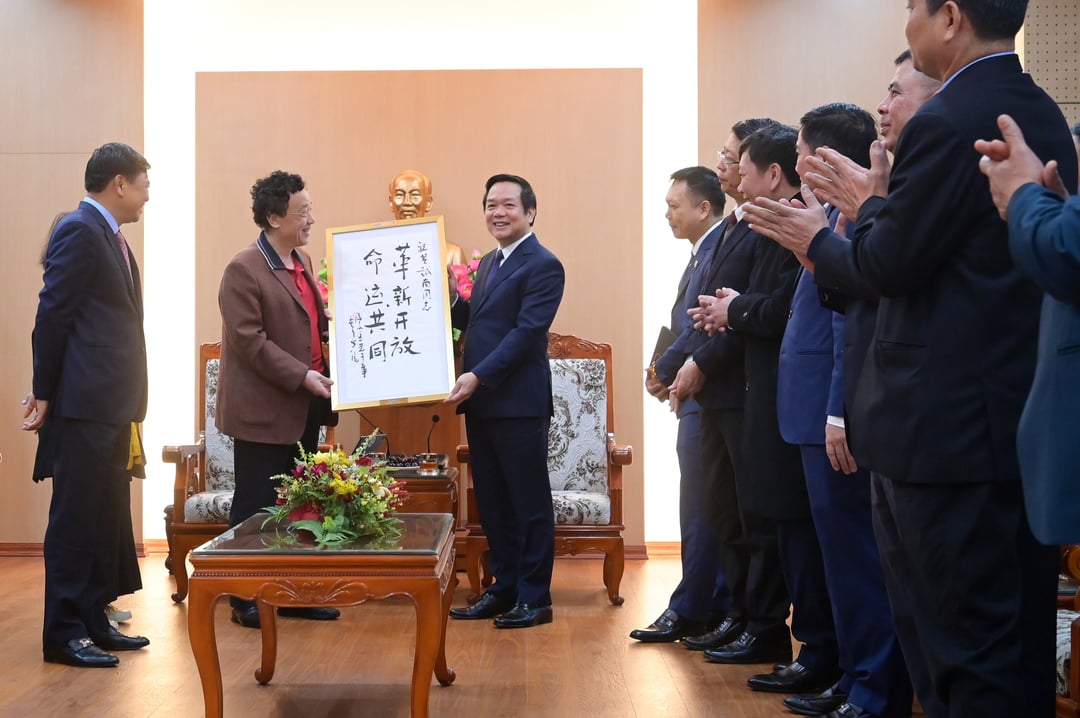
Chairman Pham Quang Ngoc highlighted that this development approach is well aligned with FAO’s “4 Better” strategy. He expressed confidence that the working session would yield valuable insights, fostering collaboration between FAO-Vietnam and Ninh Binh. The province, in turn, hopes to contribute its experiences and lessons learned to support Vietnam’s international voice and FAO’s initiatives.
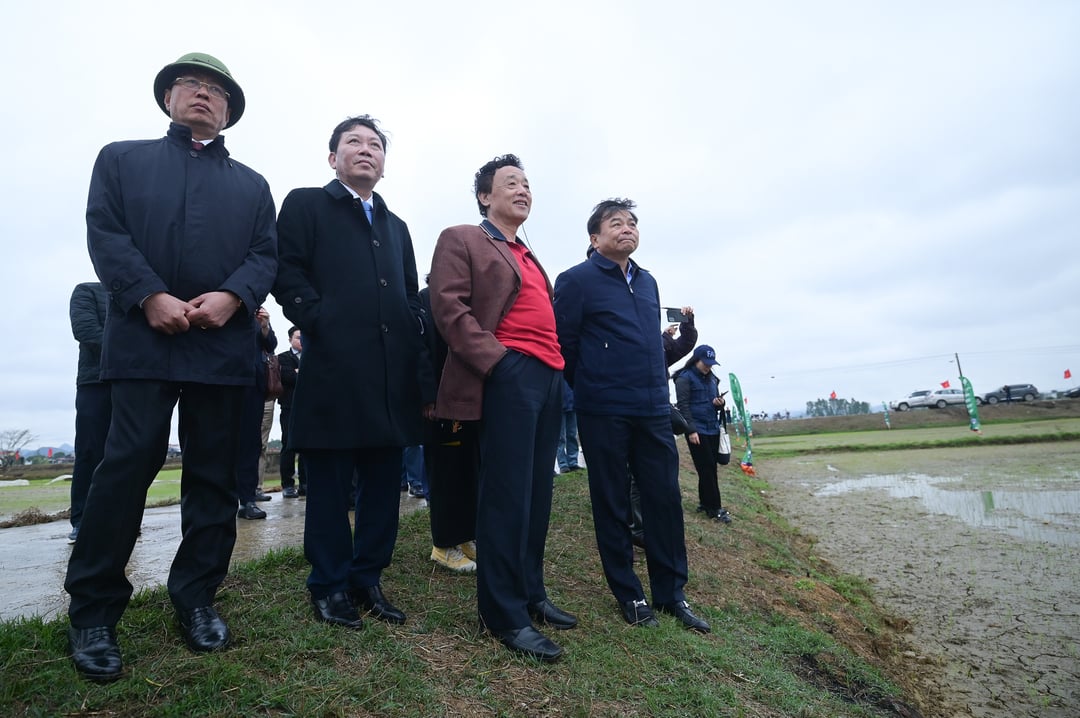
After the discussion, FAO Director-General Qu Dongyu, Deputy Minister of Agriculture and Rural Development Nguyen Hoang Hiep, and Vice Chairman of the Ninh Binh Provincial People’s Committee Tran Song Tung visited a farmer’s workshop. The training class focused on mechanization in rice production in Gia Phong Commune, Gia Vien District. The delegation observed a field demonstration of an FAO-funded ratooning rice systems project.
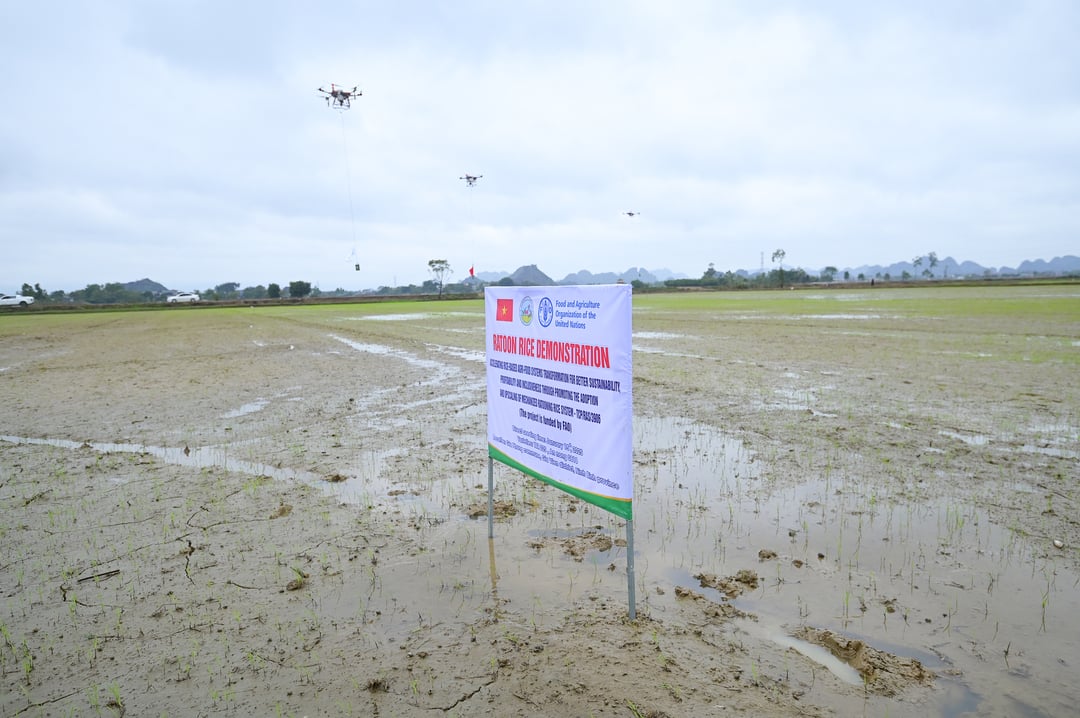
To address challenges such as labor shortages and high production costs, Ninh Binh is gradually adopting nature-based models. One promising solution involves integrating ratoon husk (regenerated rice) production during the crop season with eco-tourism to create added value.
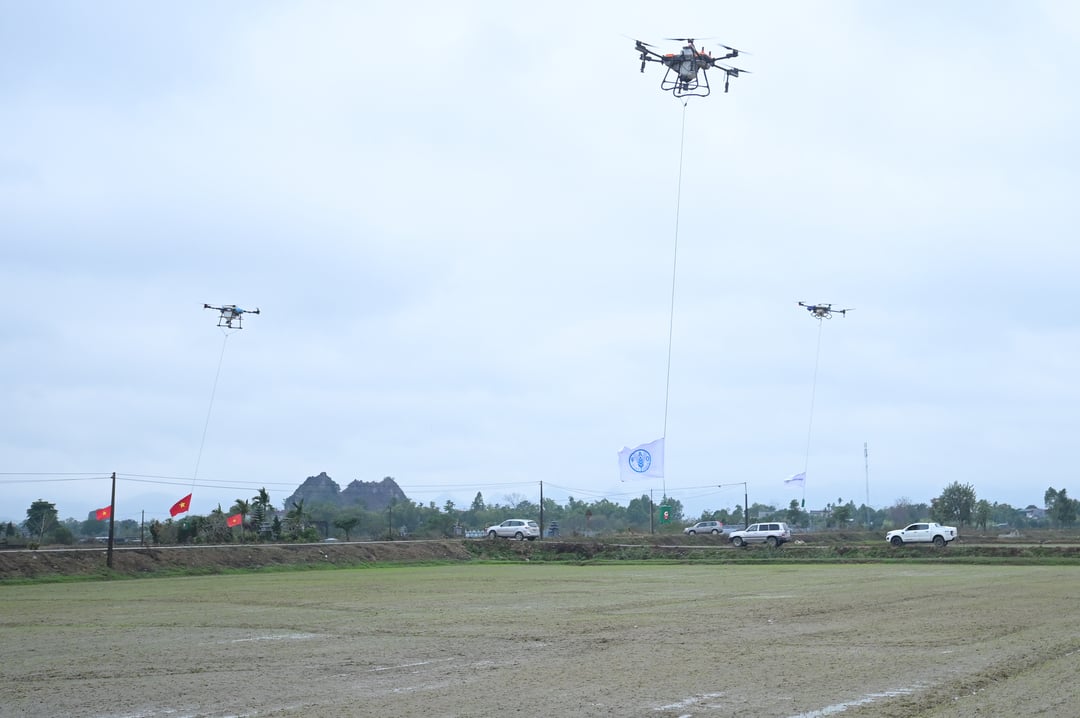
The province has also implemented a rice-aquaculture farming model, which has led to positive transformations in agricultural production. However, to fully address limitations, mechanization is essential for increased efficiency and sustainability.
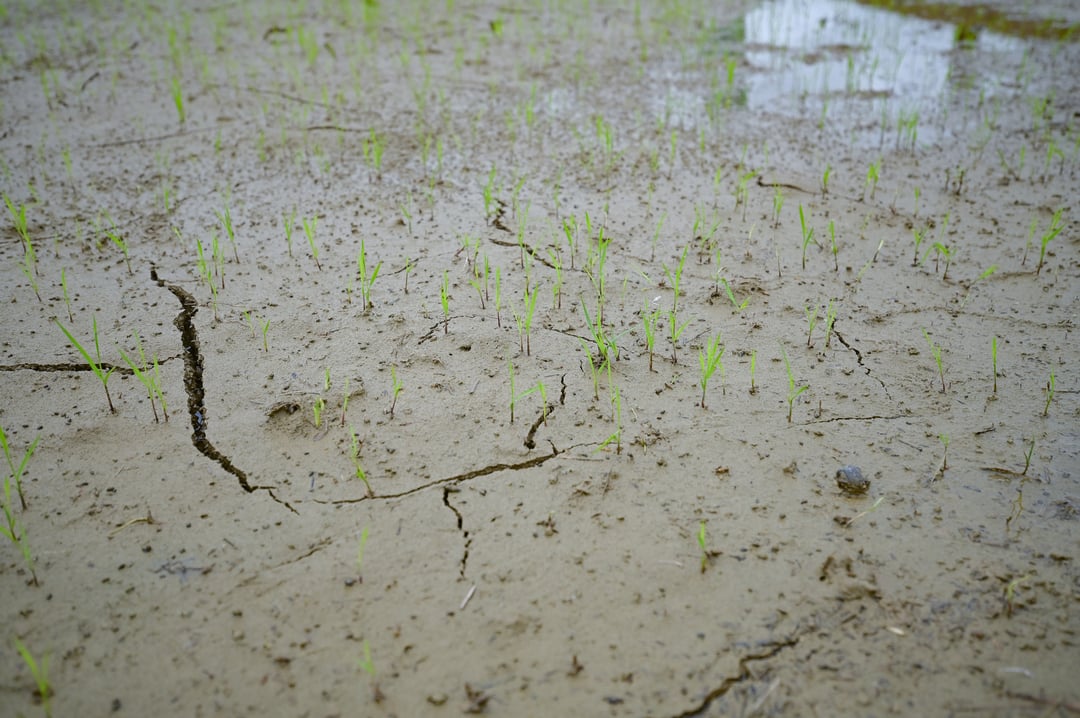
Moving forward, Ninh Binh will continue working closely with the Ministry of Agriculture and Rural Development and FAO to expand the rice-aquaculture model while promoting mechanization to reduce production risks and improve agricultural resilience.
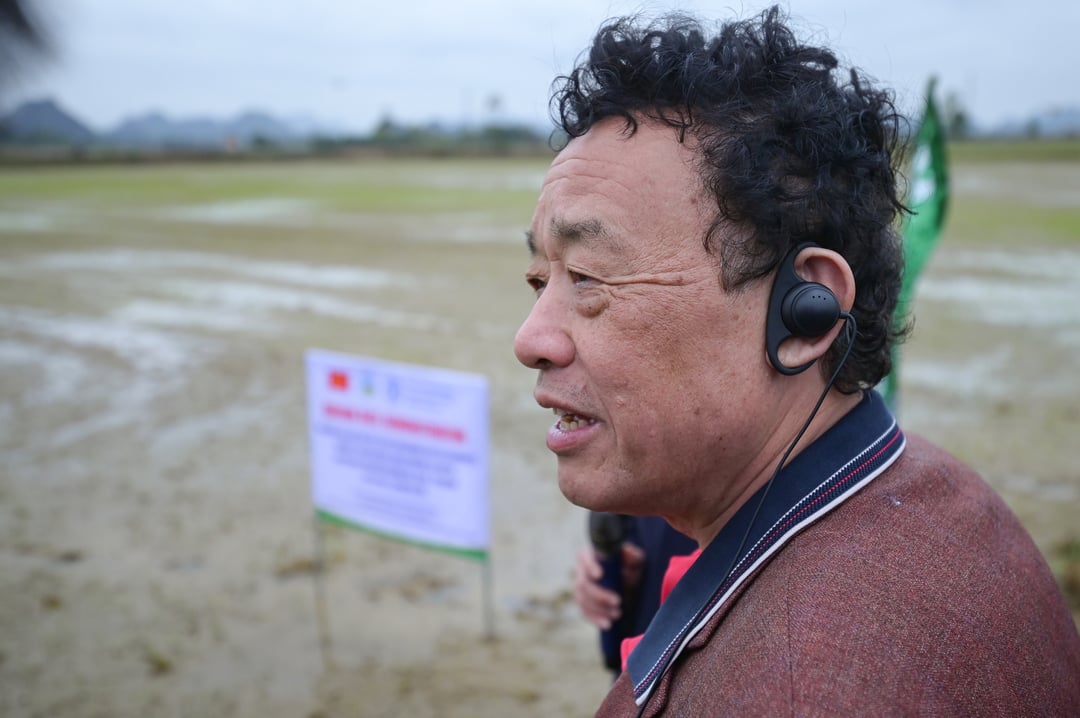
At the field demonstration, FAO Director-General Qu Dongyu suggested several strategies for Ninh Binh to maximize its agricultural potential for sustainable development. He emphasized that, given the province’s unique heritage, enhancing infrastructure and developing high-quality and nutritional food products would be key to establishing tourism as a leading economic sector.
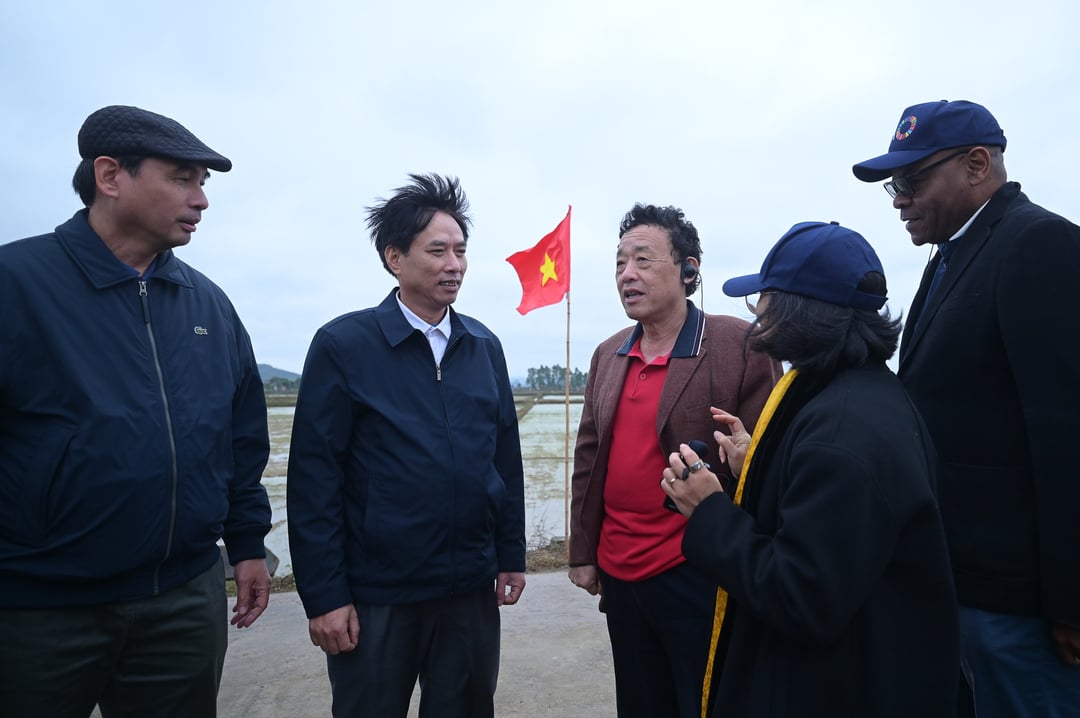
He also highlighted the need for greater investment in agriculture and human resources to meet the increasingly stringent global standards for food products. He suggested that Ninh Binh explore partnerships with emerging markets, such as Africa, to support global food security while ensuring long-term economic benefits for the province.
Translated by Quynh Chi

